F&B human resources are both lacking and unqualified.
An ongoing paradox is that despite the increased recruitment demand, 88% of F&B businesses are short of staff, especially in frontline operational positions such as waiters, kitchen assistants, receptionists, bartenders, etc. Despite the sharp increase in demand, the source of candidates cannot meet the requirements in terms of skills, experience and work endurance, creating a long-lasting shortage loop.
According to the report, in the first 8 months of 2025, most positions in the F&B industry recorded strong recruitment growth. The frontline operations job group recorded a significant increase: bartender (62%), receptionist (40%), kitchen assistant (33%), service staff (29%).
Human resource demand is forecast to continue to increase in the last months of the year - the peak period of festivals, tourism and consumption.
One of the challenges for F&B recruiters is the quality of candidates that do not meet the requirements. Some specific characteristics of the industry require good professional skills (for example, food preparation skills for chefs, foreign language skills for service staff), but most candidates do not meet these requirements. Therefore, recruiters are trying to build internal training programs and find quality candidates through training facilities.

The demand for human resources in the F&B industry increases sharply during the peak season at the end of the year.
PHOTO: YEN THI
According to the recruitment department of the Royal Seafood restaurant chain, in restaurants in the central area – where the number of foreign customers accounts for a high proportion – the ability to communicate in foreign languages, especially English, becomes a clear advantage. This is still an uncommon skill among the general labor group, when currently only about 30% of our staff can communicate in English.
Not only limited in foreign languages, many F&B businesses also have to retrain almost all professional skills. Sharing from 6 large F&B systems shows that most candidates coming to the industry have no experience and need to be retrained from the beginning.
In addition, the F&B staff life cycle is particularly short, with more than 60% of employees leaving the business within less than a year, causing recruitment and training costs to continuously increase and service quality to be difficult to stabilize. This is the reason why businesses fall into a situation of "recruiting and then lacking", unable to maintain a sustainable team.
Mr. Nguyen Phu Thanh, a cake development expert at Ly Gia Vien Company Limited, believes that the F&B industry will develop strongly in the future and there will be many job opportunities. According to Mr. Thanh, new graduates often lack experience and skills, and sometimes even knowledge. Knowledge is not only learned at school, but also at businesses. This is a very important factor for future employment.
Enterprises "shake hands" with training facilities
Also according to the Good Jobs report, two ways for F&B businesses to improve the quality of their human resources are to build internal training programs and recruit from vocational training institutions.
Faced with the pressure of human resource supply and demand, many businesses are forced to invest in internal training strategies. At the Royal Seafood system, chef candidates must undergo interviews, apprenticeships, and trial work before being accepted into an official position. The company also builds its own training program to help employees master the process, processing techniques, and quality standards.
“Those who have been trained through school or specialized units often have the ability to catch up faster and soon develop their abilities in a real working environment,” said a representative of the Royal Seafood system.

In addition to internal training, F&B businesses also cooperate with educational institutions.
PHOTO: YEN THI
In addition to internal training, the company also cooperates with educational institutions. Mr. Bui Tien Dat, Human Resources Director of Dong Phuong Group (HCMC), the operator of 9 Adora wedding and convention centers, said that the demand for human resources in the F&B industry is always very high. The peak season usually falls at the end of the year and January. On just one peak day, Dong Phuong Group can need at least 3,600 workers. Therefore, the company has connected with many universities, colleges, and vocational schools to train and recruit students and interns.
In fact, vocational training institutions have now also linked up with businesses in training in the form of "business modules". Mr. Bui Tien Dat said that the business module will include both theory and practice. "In such a session, students will study and practice for about 160 hours, equivalent to 8 weeks. Each week, students will both study and work directly at the business", Mr. Dat added.
Ms. Vo Thi My Van, Principal of Saigontourist College of Tourism and Hospitality, said that the recruitment needs of businesses far exceed the number of trained students. In particular, creative occupations are always sought after by businesses. Students in this field have many opportunities to change their working environment, work multiple shifts or even start their own business or start a startup.
“Companies often look for students who do creative work such as making coffee art, mixology, bartending, etc. to find new, unique ideas that are in line with market trends,” added Master Van.
Source: https://thanhnien.vn/fb-khat-nhan-su-mua-cao-diem-sinh-vien-nganh-nao-duoc-san-don-185251120203725266.htm



![[Photo] National Assembly Chairman Tran Thanh Man holds talks with South Korean National Assembly Chairman Woo Won Shik](/_next/image?url=https%3A%2F%2Fvphoto.vietnam.vn%2Fthumb%2F1200x675%2Fvietnam%2Fresource%2FIMAGE%2F2025%2F11%2F20%2F1763629724919_hq-5175-jpg.webp&w=3840&q=75)
![[Photo] President Luong Cuong receives President of the Senate of the Czech Republic Milos Vystrcil](/_next/image?url=https%3A%2F%2Fvphoto.vietnam.vn%2Fthumb%2F1200x675%2Fvietnam%2Fresource%2FIMAGE%2F2025%2F11%2F20%2F1763629737266_ndo_br_1-jpg.webp&w=3840&q=75)


![[Photo] Lam Dong: Panoramic view of Lien Khuong waterfall rolling like never before](/_next/image?url=https%3A%2F%2Fvphoto.vietnam.vn%2Fthumb%2F1200x675%2Fvietnam%2Fresource%2FIMAGE%2F2025%2F11%2F20%2F1763633331783_lk7-jpg.webp&w=3840&q=75)


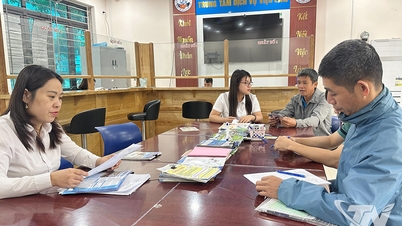



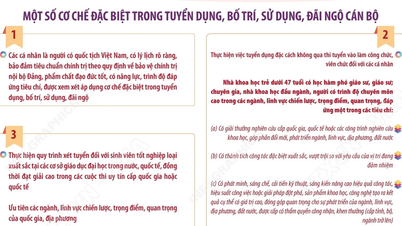









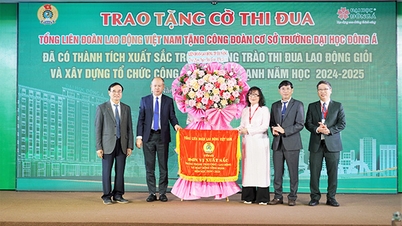



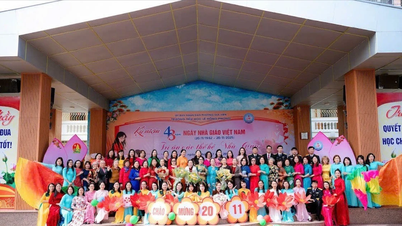








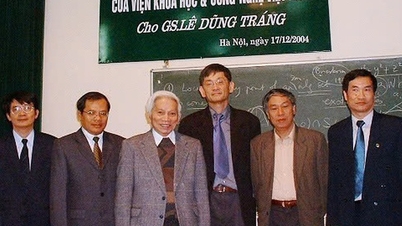














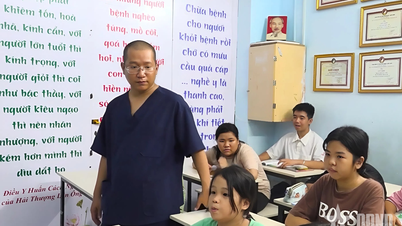

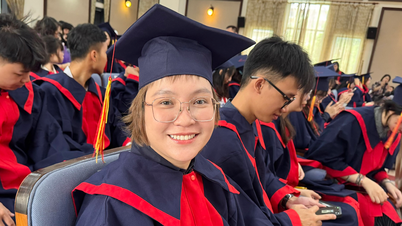










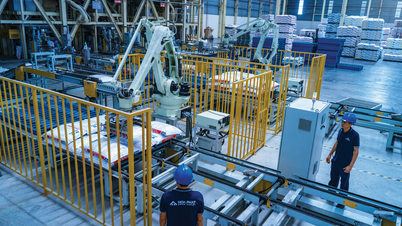
















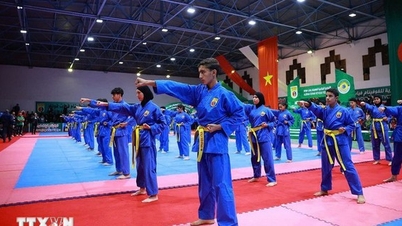

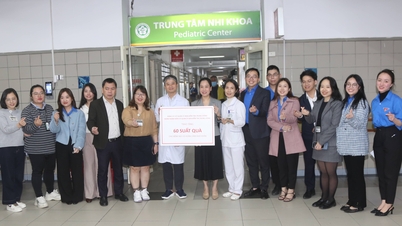

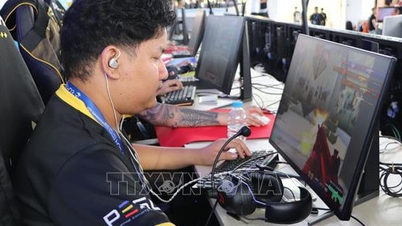
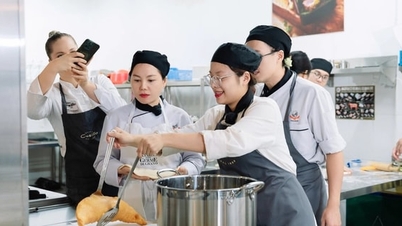




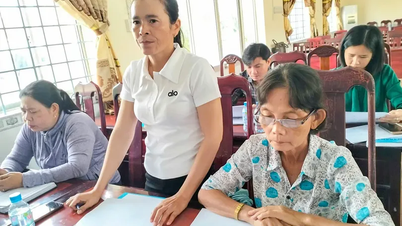

















Comment (0)